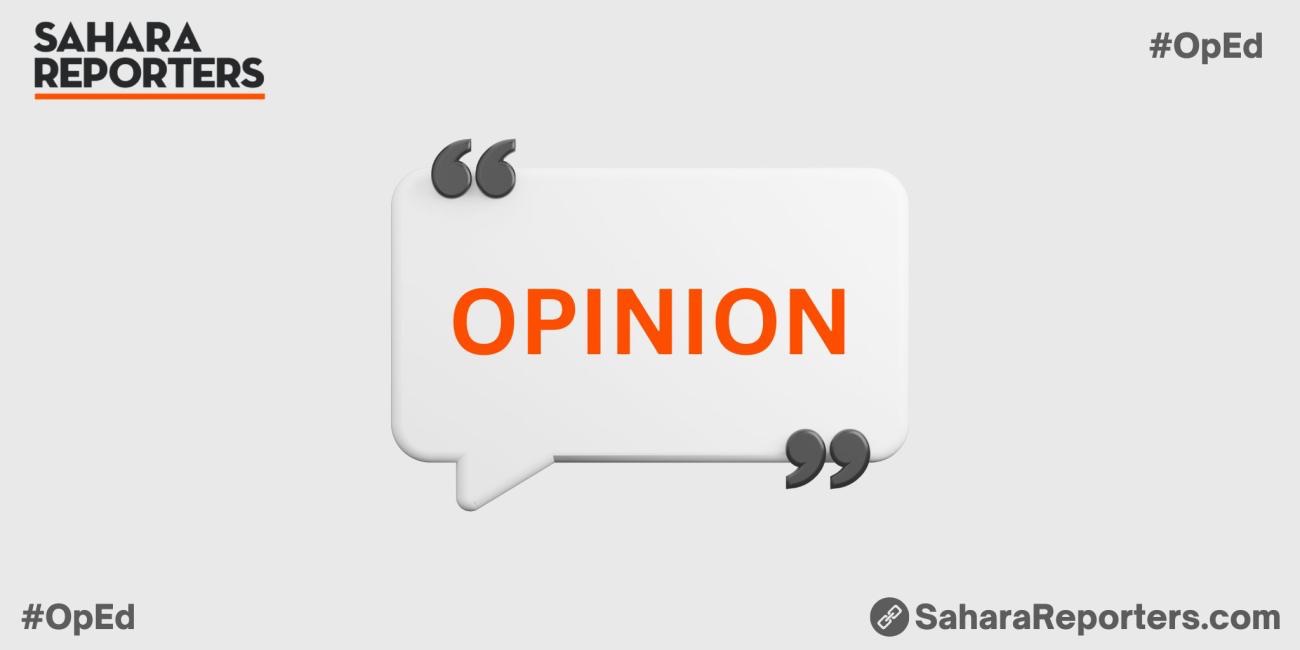
The turbulent political climate in Nigeria is characterized by pervasive corruption and injustice, casting a shadow over the nation’s prospects for progress and development. Within this landscape, a figure who goes by the moniker Very Dark Man has emerged as a vocal critic of the establishment, positioning himself as a beacon of dissent. However, recent developments have sparked doubts regarding his authenticity and underlying motives, prompting scrutiny into the true nature of his allegiance.
A prevalent suspicion among many is that Very Dark Man may in fact be a mere pawn in the intricate web of corruption and criminality that he purports to combat. This skepticism was amplified by his recent engagement with the Minister of Interior, Olubumi Tunji-Ojo, a move that has been met with skepticism and speculation regarding his true intentions and ties.
The administration under Tunji-Ojo’s leadership has been marred by allegations of incompetence and malpractice, notably exemplified by the lenient handling of high-profile criminal Bob Risky. The failure to hold accountable those who violate the law and betray public trust has further eroded confidence in the government’s commitment to justice and integrity. The subsequent suspension of prisons officers, while appearing as an attempt to address the fallout from the scandal, is viewed by many as a superficial measure that fails to address the root causes of systemic corruption.
Critics argue that if Very Dark Man genuinely seeks to champion the interests of the suffering masses, his actions should align with his professed goals. They assert that rather than engaging in dialogue with entrenched figures like the Interior Minister, he should be at the forefront demanding the resignation of those complicit in perpetuating the cycle of corruption and oppression. Drawing parallels to the legacy of iconic activist Fela Anikulapo Kuti, advocates for reform emphasize the importance of unwavering commitment to principles and a refusal to compromise with the very forces they oppose.
For Nigeria to navigate a path towards genuine transformation and a brighter future, the need for discernment in evaluating figures like Very Dark Man is paramount. It is essential to hold leaders accountable for their actions and demand transparency and integrity in governance. Only through collective efforts to dismantle the systems of criminality and exploitation that have long marginalized the Nigerian populace can lasting change be realized. The forthcoming #FearlessInOctober movement represents a clarion call for unity in addressing these critical issues and fostering a society built on principles of justice and equity.
Written by Sydney Usman Godwin, a committed citizen dedicated to impacting Nigeria and advocating for ethical governance and social justice.
